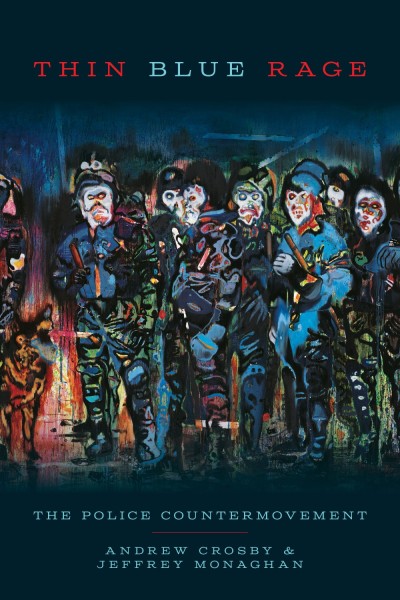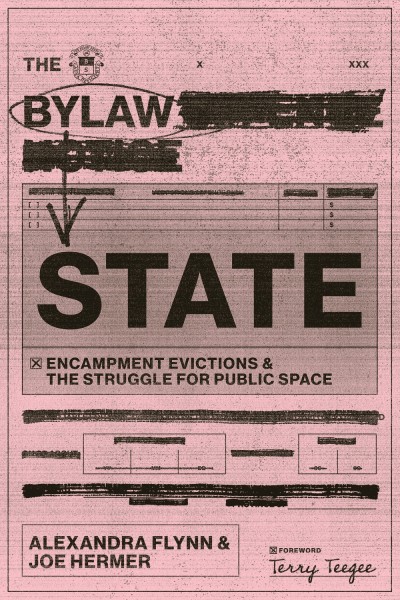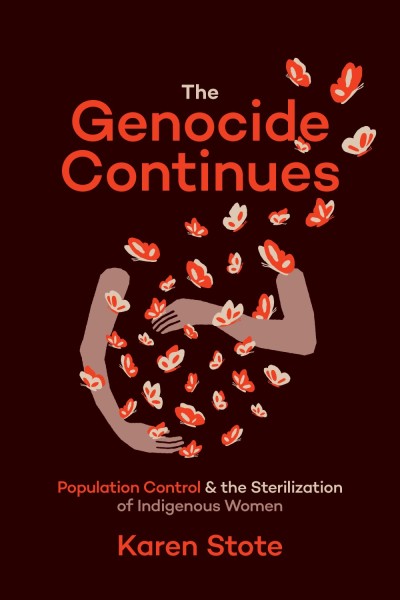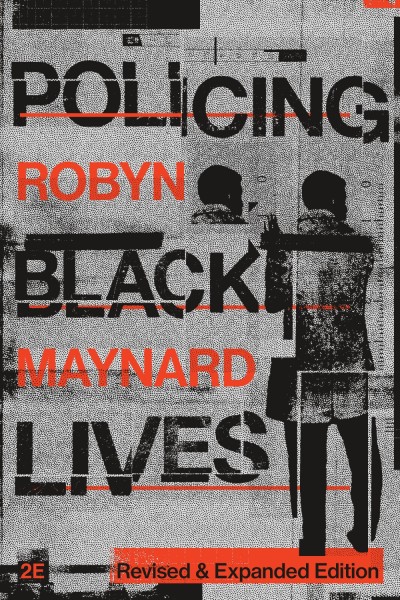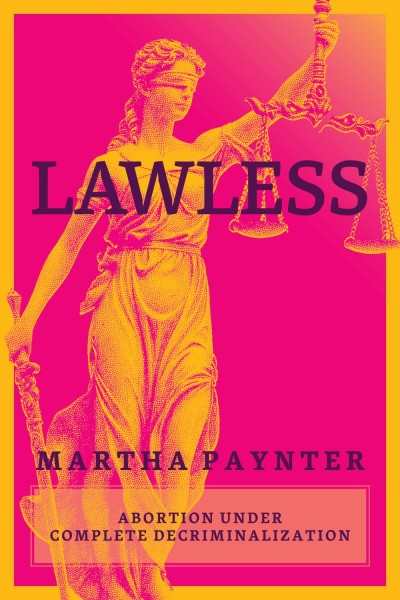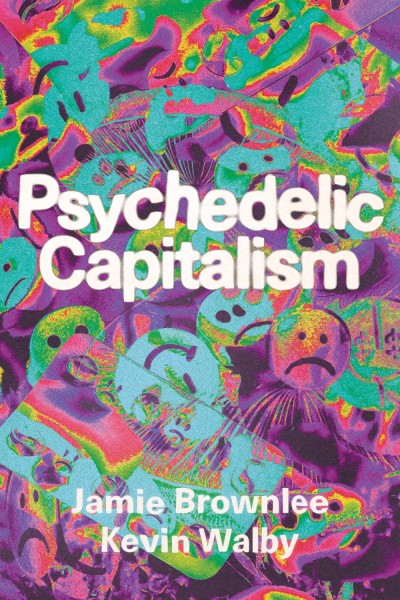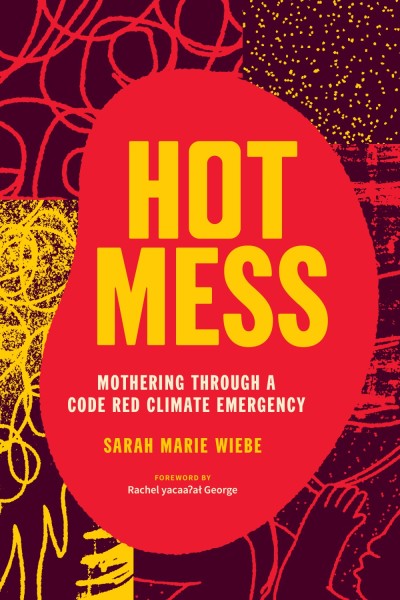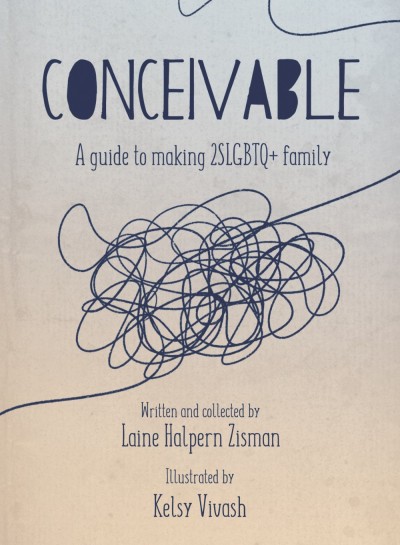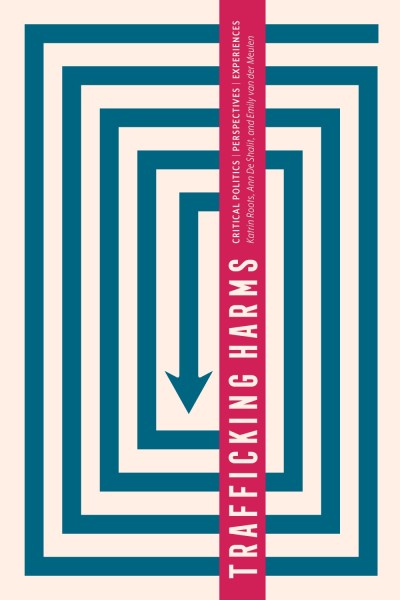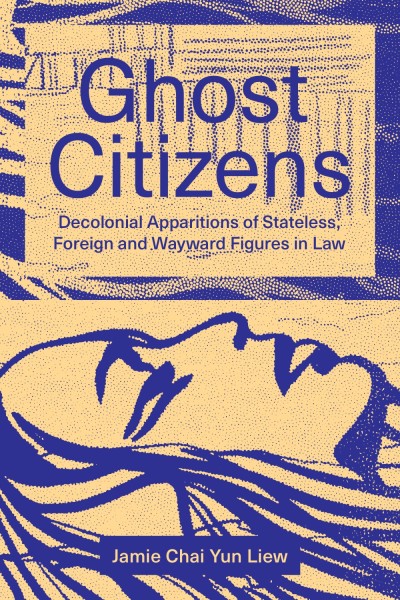
Insurgent Love
Abolition and Domestic Homicide
When loved ones transgress into violence, how do we seek justice and safety outside of policing and prisons?
About the book
Domestic homicide is violence that strikes within our most intimate relations. The most common strategy for addressing this kind of transgression relies on policing and prisons. But through examining commonly accepted typologies of high-risk intimate partner violence, Ardath Whynacht shows that policing can be understood as part of the same root problem as the violence it seeks to mend and provides an abolitionist frame for the most dangerous forms of intimate partner violence. This book illustrates that the origins of both the carceral state and toxic masculinity are situated in settler colonialism and racial capitalism and sees police homicide and domestic homicide as akin. Describing an experience of domestic homicide in her community and providing a deeply personal analysis of some of the most recent cases of homicide in Canada, the author inhabits the complexity of seeking abolitionist justice. Insurgent Love traces the major risk factors for domestic homicide within the structures of racial capitalism and suggests transformative, anti-capitalist, anti-racist, feminist approaches for safety, prevention and justice.
What people are saying
Marlihan Lopez, co-vice-president for la Fédération des femmes du Québec and program and outreach co-ordinator at the Simone de Beauvoir Institute.“As a Black feminist organizing against gender-based violence, this book is of profound importance because it argues for an alternate path to eradicating domestic homicide and violence. Carceral feminism has failed us; the police can’t protect us. As an abolitionist committed to ending all forms of violence, as a survivor of domestic and family violence, how do we move towards transformative approaches that center healing for ALL our communities? This book is an opportunity to start engaging in these important conversations.”
Vicki Chartrand, associate professor and director of Centre for Justice Exchange“What is most significant about this book is the author’s engagement with intimate violence and abolition. Generally, there is a tendency in the field of abolition to glaze over intimate and other personal violences or to focus almost exclusively on state violence at the expense of the other. Establishing links between state and intimate violence is an important framework for abolitionist and anti-violence work as a way to engage these kinds of brutalizing hardships, and without drawing on ongoing carceral legacies and colonial logics.”
Awards
- Winner, Atlantic Book Award For Scholarly Writing (2022)
Contents
- Prologue
- Domestic Homicide and Abolition?
- Butcher
- Settler Colonialism and Intimate Terrorism
- Portapique
- Occupation: Racial Capitalism and the Familicidal Heart
- Desmond
- Insurgent Love
- Transformative Justice for Domestic Homicide
- Epilogue
- Acknowledgements
- References
- Index



